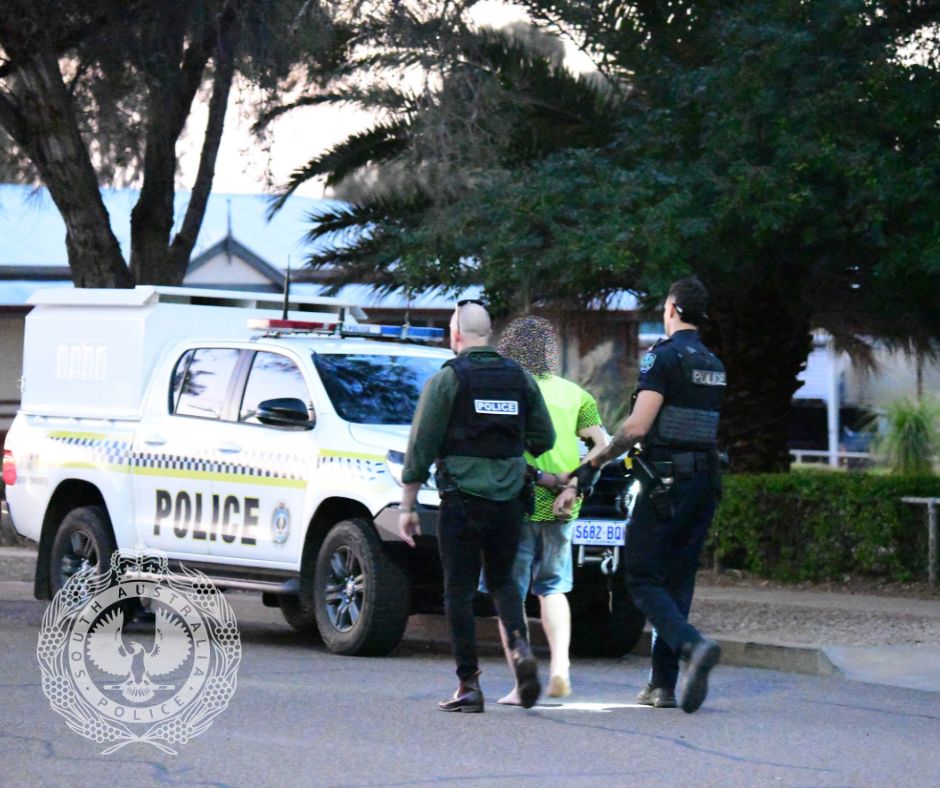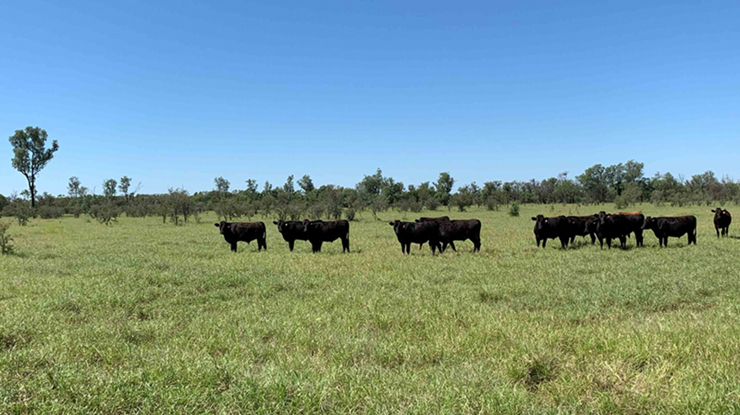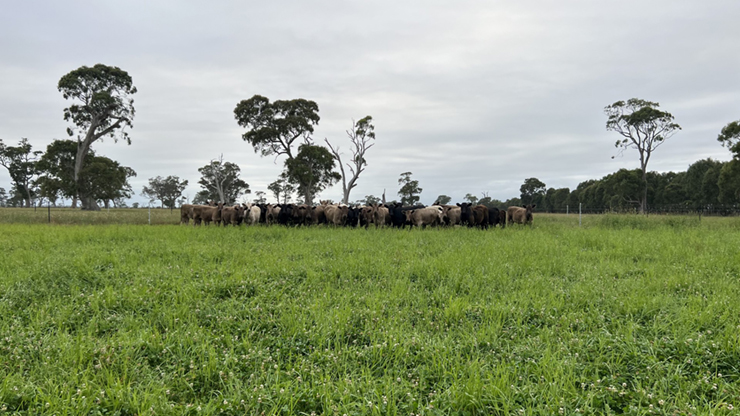Communities in Vanuatu are still recovering from the devastating impacts of damaging twin cyclones that hit in early March 2023, while also preparing themselves to face future climate-crisis fuelled disasters with the support of Save the Children.
Category Four Tropical Cyclones Judy and Kevin struck Vanuatu between 1 March and 3 March 2023, directly impacting more than 80% of the country’s population of about 320,000 people. The widespread destruction, which included thousands of destroyed or damaged homes, schools, and food gardens, prompted the Government of Vanuatu to declare a six-month national state of emergency.
Emele*, 39, said her family is still using tarps provided by Save the Children after the roof of their home was destroyed during the cyclones.
“We’re still rebuilding houses while trying our best to survive at the same time… Life is still hard after the cyclones, even during the recovery stage and with the changes in climate,” she said.
Emele’s son Noa*, 11, who first spoke to Save the Children in the days after the twin cyclones, said his school is also relying on the tarps as several classrooms have not been rebuilt, adding that he is afraid of another cyclone hitting in the future.
“I hate cyclones because it damages the environment, including our houses and gardens, as well as my school… I am always worried whenever I see a dark cloud of rain over the sky,” he said.
Vanuatu’s recovery from the March cyclones was hampered by the early arrival of the next cyclone season in October 2023. , the earliest Category Five Cyclone on record in the southern hemisphere and only the seventh pre-season cyclone since 1970, killed two people and again caused destruction.
As part of its work supporting communities in Vanuatu vulnerable to the impacts of the climate crisis, Save the Children has launched a food preservation project involving a pilot community growing, harvesting and exporting local fruits, vegetables, chicken and fish to the capital Port Vila where modern food preservation technology has been used to transform these ingredients into shelf ready ration pack meals. The meals can be stored for two years ensuring the community can still access nutritious food even in the aftermath of future extreme weather events that may damage or destroy their crops.
“Experiencing the prolonged food shortage after last year’s twin cyclones led to this idea of combining innovative technologies and local knowledge and practices to launch a food preservation project,” said Save the Children’s Kali Ameara, the founder of the food preservation project.
“Simply put, it’s offering practical and sustainable answers for long-term climate resilience by strengthening food security.”
Through the Australian Humanitarian Partnership’s Disaster READY Program, funded by the Australian Government, Save the Children is also working with communities across Vanuatu to develop disaster preparedness plans and conduct drills to prepare for emergencies.
Save the Children Vanuatu Country Director Polly Banks said:
“The fact that people in Vanuatu are still recovering from the twin cyclones a year ago is terribly sad and highlights the support still needed amid the worsening impacts of the climate crisis. It also shows that we must work with communities to increase their disaster and climate resilience so that they can prepare for future disasters.
“The launch of our innovative food preservation project will help prevent food shortages in the aftermath of a disaster that wipes out crops, which disproportionally impact children, including by exposing them to greater risk of malnutrition.
“The reality is Vanuatu is one of the most disaster-prone countries in the world and is also home to some of the world’s most remote communities, with 83 islands stretching across 1,300 kilometres of ocean, meaning that in the aftermath of disasters, it can take days, even weeks, for outside support to arrive. Even then, the food is often dry goods and lacks nutritional value that children need to prosper, so it’s critical that communities are as prepared as possible to react to the impact of disasters.”
Save the Children in Vanuatu is delivering the largest community-based adaption project ever delivered in the Pacific with the support of the Green Climate Fund, supporting climate-vulnerable communities through targeted community and local adaption activities in the agriculture and fisheries sectors. Save the Children is also working with the Government of Vanuatu to ensure children’s voices are incorporated into its submission to the International Court of Justice Advisory Opinion on climate change due 22 March 2024. The Advisory Opinion will clarify international law on the rights of children and future generations in respect of climate change, with Vanuatu instrumental in seeking an advisory opinion from the Court.








